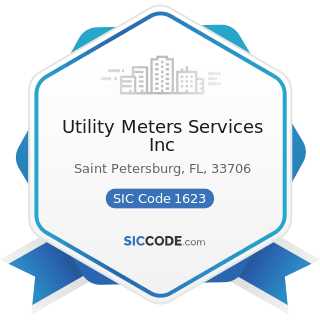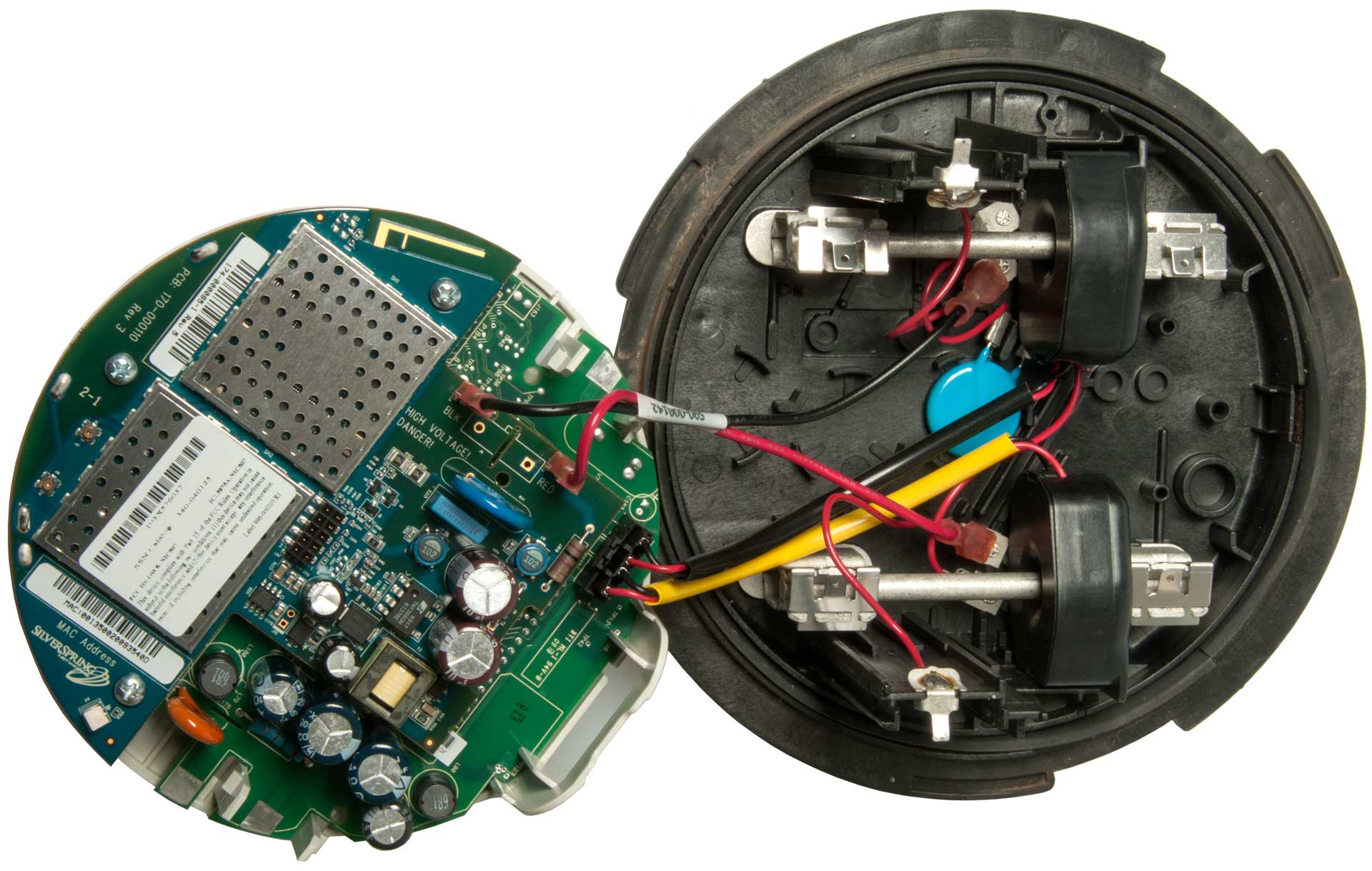

The price of energy also changes throughout the day as demand rises and falls, and smart meters allow utility companies to adjust what they charge customers for energy as they use it.īut most utilities are not using this kind of pricing yet, APPA officials said. “They’re able to get electricity back up quicker,” Harnish said. Utility companies like smart meters because they save money in multiple ways, Harnish said.īecause the devices are on wireless networks, a power company can see exactly where a power outage occurs instead of relying on customer phone calls and dispatching people to look for the outage, he said. Utility companies aren’t sharing data with marketers, he said. “This gives a level of confidence to our customers that their information is private,” Reese said.Īll states have privacy laws that require utility companies to protect consumer data and the companies generally can’t share that information without a customer’s permission, said Puesh Kumar, engineering and operations director for the American Public Power Association ( APPA), which represents more than 2,000 publicly owned electric utilities. Mike Reese, a Republican, has introduced legislation that would reverse a state smart meter mandate and limit how and when utility companies can share information gleaned from the meters. “I don’t expect the minutiae of what I did in my house to be fair game,” Shear said. This detailed data could be sold to outside companies for marketing or other purposes, he said. For example, a refrigerator could use information from a smart meter to cool down at a point in the day when energy is relatively cheap.īut bringing appliances online will just give utility companies and potential hackers a more intimate portrait of what’s going on in a person’s home, Shear said. She said utility companies have had no data breaches, and though she expects they will eventually, she says consumers are at very little risk because the meters aren’t transmitting personal financial information such as credit card numbers.Īnd, proponents say, criminals looking to rob a home are much more likely to lurk outside someone’s house than they are to hack their network.Įventually more people will have appliances that hook into a home’s smart meter to use power more efficiently, saving them money on utility bills, Harnish said. Patty Durand, the group’s director, said the meters don’t transmit that kind of data and only send information about how much electricity is being used.
States that have banned smart utility meters install#
In fact I see them becoming more complex as more utility companies install these technologies,” said Shear, who also worries that hackers could steal customers’ personal and financial information.īut advocates for smart meters - such as the nonprofit Smart Grid Consumer Collaborative, which is supported by utility companies, and consumer and conservation groups - say those worries are misplaced. For example, by looking at when power is being used, a thief could determine when a house is empty, said Bradley Shear, a Maryland-based privacy lawyer.

But few people actually choose to opt out of smart meters, said Marc Harnish, an analyst with the EIA.īecause smart meters convey information over wireless networks, some opponents worry the data they transmit could be stolen and used by criminals to target individual homes. Maryland residents who reject smart meters pay a $75 one-time fee and an additional $5.50 each month. Glen Glass, a Republican from Maryland who plans to introduce legislation that would prevent utility companies from charging extra to customers who refuse smart meters. “There’s no reason to charge someone for something they don’t want,” said Del.

Eighty-nine percent of those were installed in homes.īut opponents say the meters have been forced upon consumers who don’t want the digital devices and the fees many utility companies charge those customers are unjust. The meters are touted as a way to cut energy use and save customers money by allowing better monitoring of consumption so utilities can adjust production and consumers can change their habits.īuoyed by $200 million in federal funding in 2009, utilities had installed nearly 52 million smart meters by 2013, according to the U.S. And energy industry representatives say the devices make it easier to pinpoint and respond to power outages, and could lead to more accurate pricing that reflects how gas and electricity costs fluctuate throughout the day. The meters also allow consumers to track their own energy use.


 0 kommentar(er)
0 kommentar(er)
